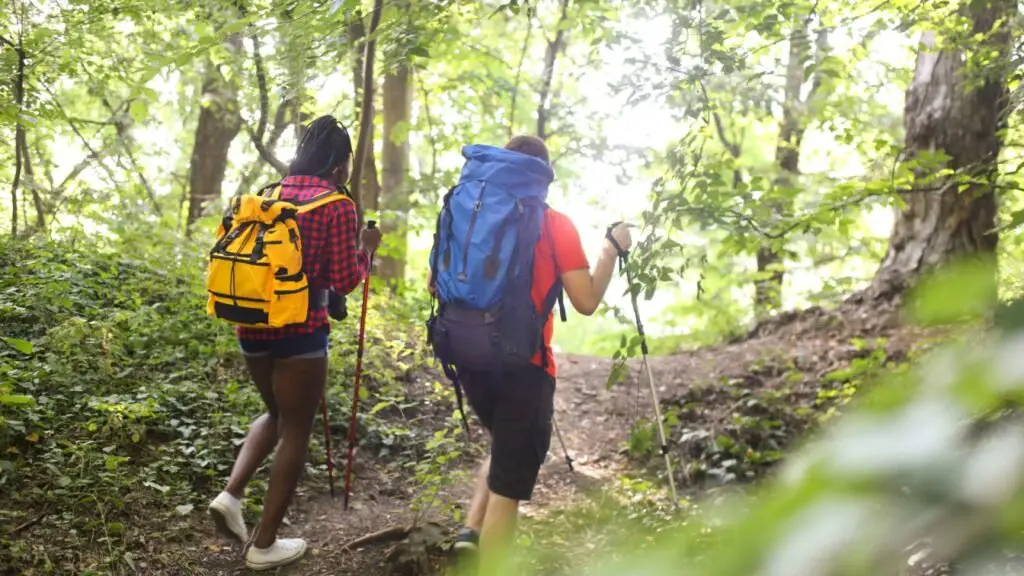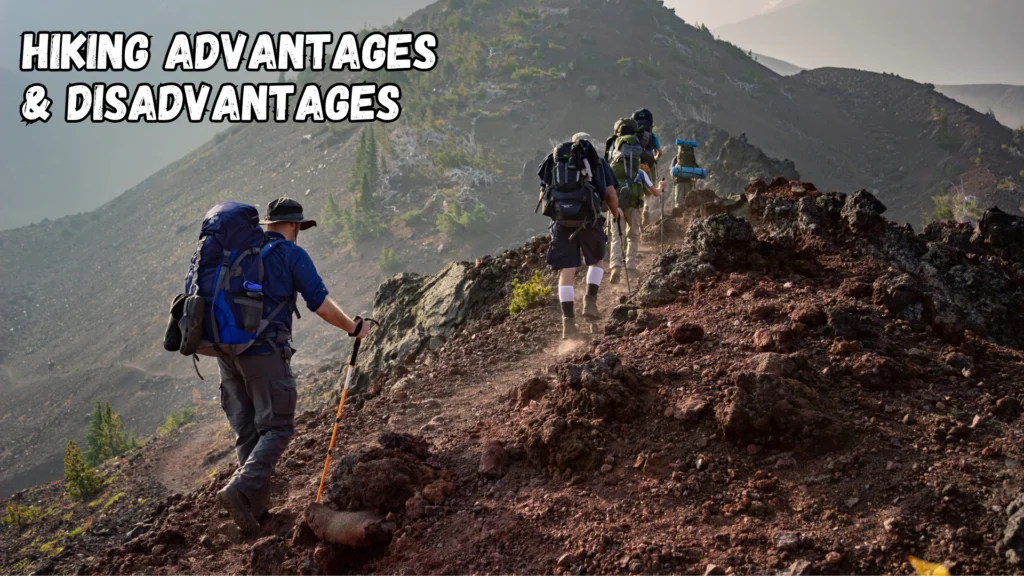Hiking is a popular outdoor activity that many people enjoy. It is a great way to get exercise, fresh air, and enjoy nature. However, hiking can also be bad for you if proper precautions are not taken. In this article, we will discuss why hiking can be bad for you and how to avoid potential risks.
Physical Injuries
One of the biggest risks of hiking is physical injury. Hiking on uneven terrain or steep inclines can put a lot of strain on your joints, especially your knees. This can lead to pain and long-term damage. Additionally, hiking in hot weather can cause dehydration and heatstroke, both of which can be dangerous.
To avoid physical injuries while hiking, it is important to wear appropriate shoes with good ankle support. Take regular breaks to rest and rehydrate, especially if you are hiking in hot weather. Consider using hiking poles to reduce the strain on your knees and other joints.
Credit: www.nationalgeographic.com
Animal Attacks
Another risk of hiking is animal attacks. Wild animals, such as bears, snakes, and mountain lions, can be unpredictable and dangerous. Even smaller animals, such as ticks and mosquitoes, can pose a risk by carrying diseases.
To avoid animal attacks while hiking, it is important to research the wildlife in the area where you plan to hike. Stay on marked trails and avoid venturing off into areas where animals may be lurking. Wear appropriate clothing, such as long pants and sleeves, to protect against ticks and mosquitoes.
Altitude Sickness
Another potential problem when hiking at high altitudes is altitude sickness. This condition occurs when your body doesn’t get enough oxygen due to the lower air pressure at higher elevations. Symptoms of altitude sickness can include nausea, vomiting, headache, and dizziness.
One way to prevent altitude sickness is to acclimate slowly to higher elevations. This means taking breaks and climbing gradually over several days rather than trying to climb quickly. If you do experience these symptoms, it’s important to descend to a lower elevation as soon as possible.
Environmental Risks
Finally, hiking can pose environmental risks if proper precautions are not taken. Littering and not following appropriate Leave No Trace principles can harm the environment and wildlife. Additionally, hiking in areas where harmful pollutants are present, such as near mining sites, can be dangerous to your health.
To reduce environmental risks while hiking, follow Leave No Trace principles and dispose of trash properly. Consider hiking in areas that are designated for hiking and avoid areas that may be contaminated by pollutants.
Harmful Bacteria and Viruses
Hiking can also expose you to harmful bacteria and viruses that can make you sick. This is particularly true if you’re hiking in areas where water is scarce. Drinking untreated water can lead to infections such as giardia, a parasitic infection that causes diarrhea and stomach cramps.
To avoid getting sick from harmful bacteria and viruses, it’s important to bring your own water or treat water from natural sources using water purification tablets or a water filter. It’s also a good idea to wash your hands regularly to prevent the spread of germs.
Dehydration
One of the most common causes of illness when hiking is dehydration. When you’re out on the trail, it’s easy to forget to drink enough water. This can lead to a variety of symptoms, including headaches, dizziness, and nausea. If you find yourself feeling thirsty, it’s important to stop and drink some water immediately.
Dehydration can also lead to heat exhaustion, which is a more serious condition. Symptoms of heat exhaustion include heavy sweating, weakness, and confusion. If you experience these symptoms, it’s important to stop hiking and rest in a cool, shaded area while drinking plenty of water.
Credit: www.nps.gov
Hiking can be a great way to get exercise and enjoy nature, but it can also be bad for you if proper precautions are not taken. To avoid physical injuries, wear appropriate shoes, take regular breaks, and consider using hiking poles. To avoid animal attacks, research the wildlife in the area and wear appropriate clothing. To reduce environmental risks, follow Leave No Trace principles and avoid areas that may be contaminated by pollutants. Taking these precautions allows you to enjoy hiking safely and without unnecessary risks.
FAQs:
Is Hiking Bad For Your Knees?
Hiking can cause knee pain from overuse or existing conditions. Proper gear and preparations reduce the risk.
Can Hiking Cause Back Pain?
Yes, hiking can cause back pain due to the strain on the back muscles. Proper warm-up, posture, and stretching alleviate the discomfort.
Is Hiking Bad For Your Ankles?
Hiking can cause ankle pain or sprains from uneven terrain or improper footwork. Supporting footwear and balance training help prevent injury.
Is Hiking Bad For Your Heart?
Hiking is an excellent cardiovascular workout that strengthens the heart and reduces risks. However, those with heart conditions should consult a doctor before hiking.



